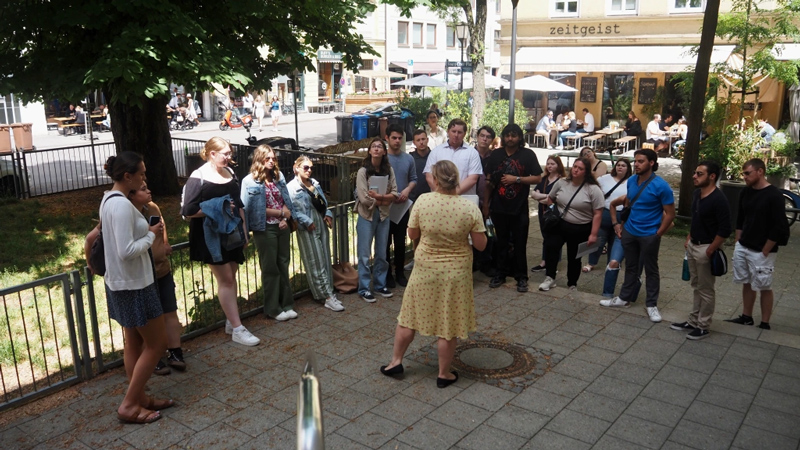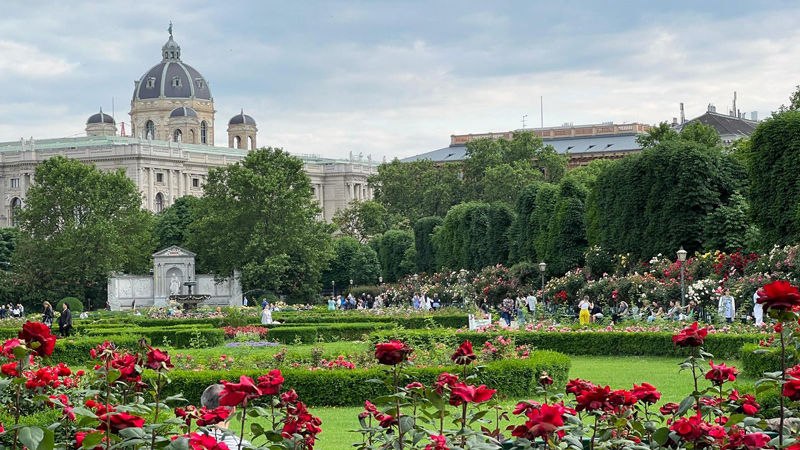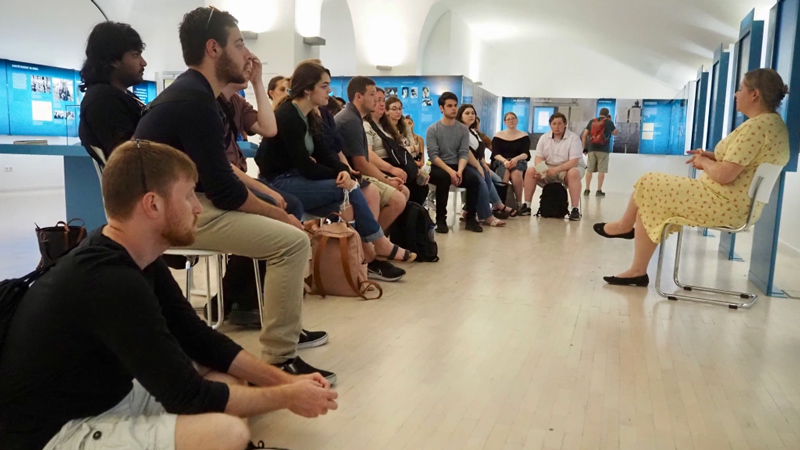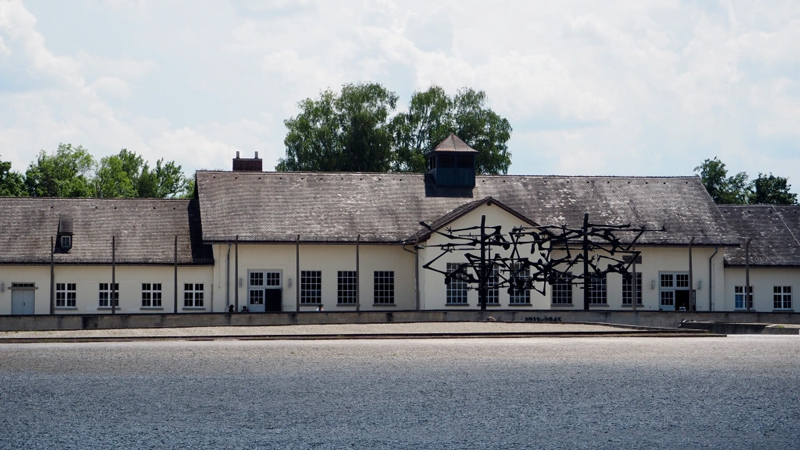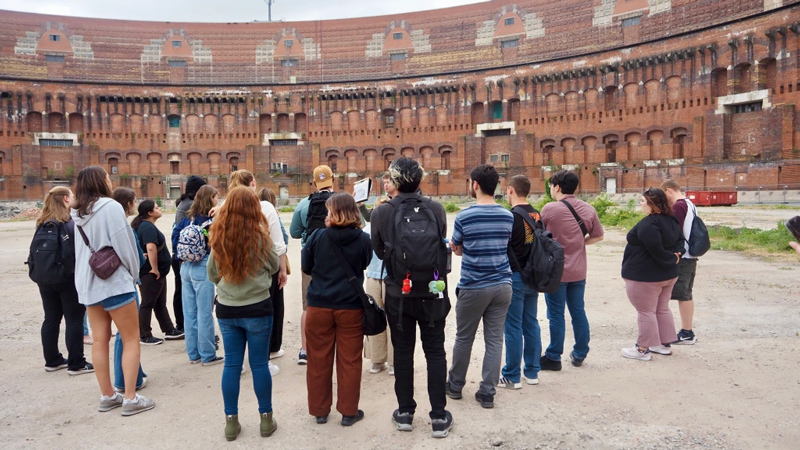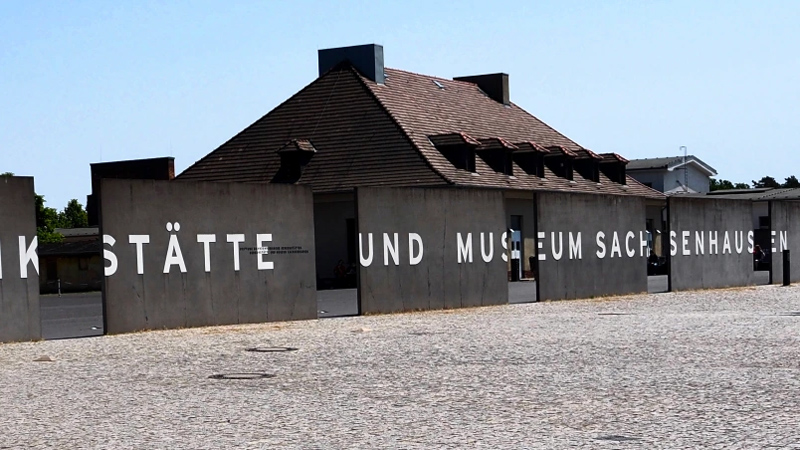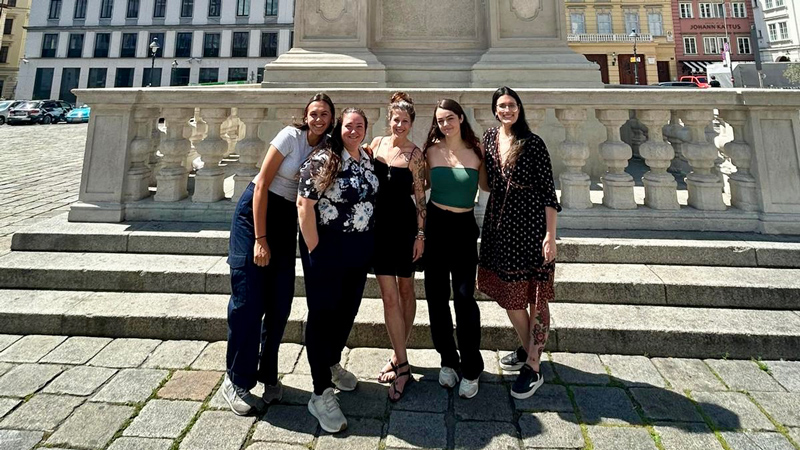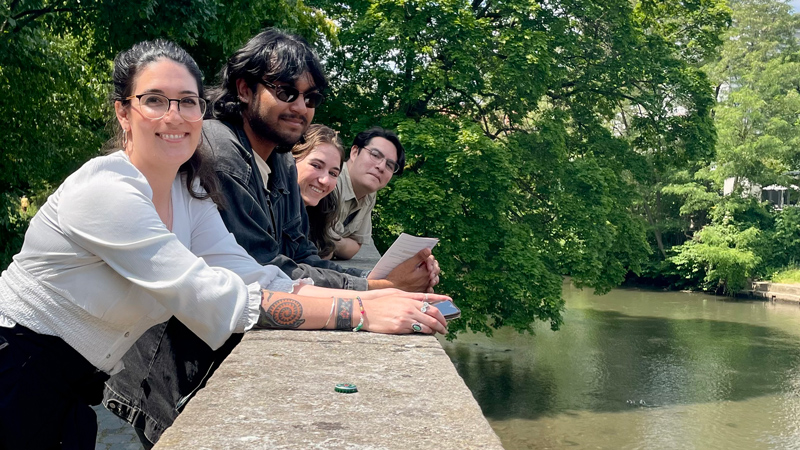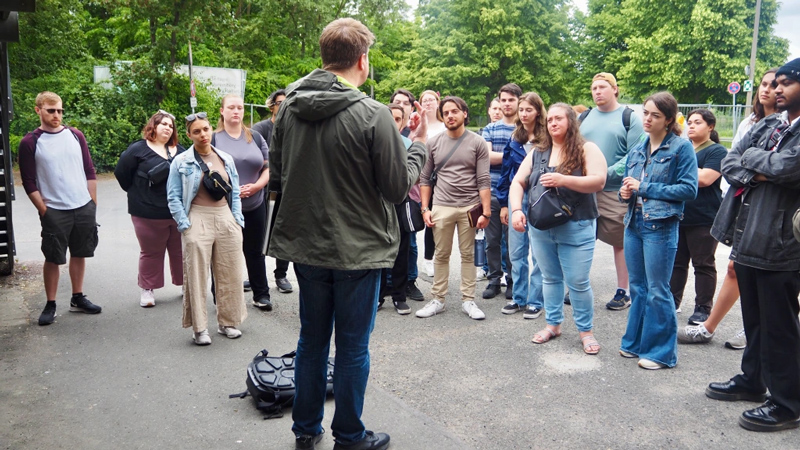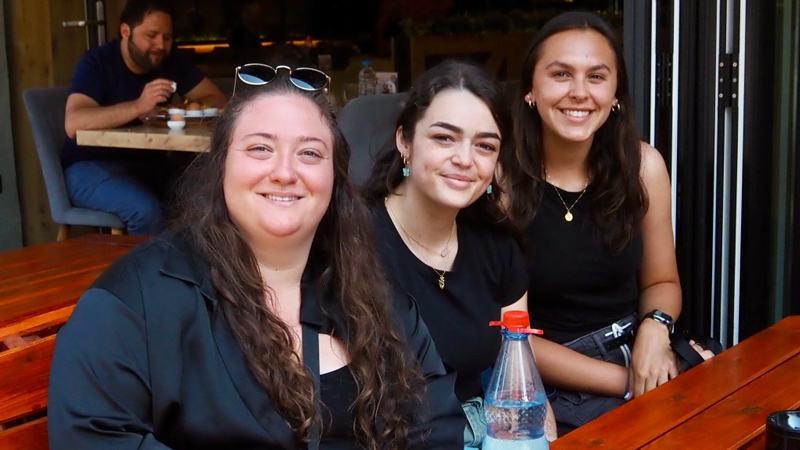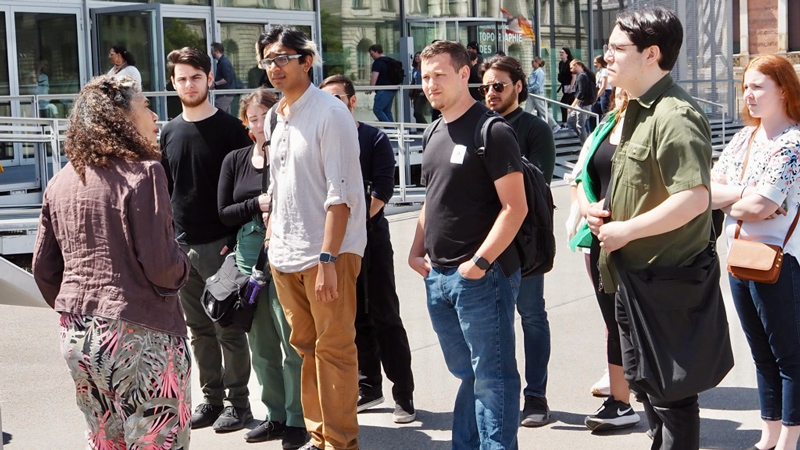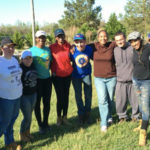History and psychology students representing the Brooklyn and Long Island campuses of St. Joseph’s University, New York studied the psychological impacts of the Holocaust and World War II on a global studies trip to Germany and Austria in June.
Visits to Berlin, Nuremberg, Munich and Vienna helped students understand the lasting impact The Third Reich had — and still has, through generations of trauma — on the German people.
Travelers completed a combined history-psychology course in the spring as a prerequisite for the trip. Instructors Jacqueline Volpicella, LMSW, and Nerissa K. Aksamit, Ph.D., prepared students for the emotional weight of the journey with reading assignments and film screenings.
The trip marked a first foray out of the country for some students, but for all participants — students and instructors alike — it was an invaluable learning opportunity and a once-in-a-lifetime experience.
An Emotional Journey
In Berlin, students learned about the Nazi concentration camp system, visiting the Topography of Terror Museum, the Jewish Memorial and Museum, and the Sachsenhausen concentration camp.
The group arrived in Nuremberg on June 6 and made stops at Nazi Party rally grounds and the Palace of Justice, where Nazi officers faced trial.
After visiting the Dachau concentration camp, travelers went to the White Rose Museum in Munich, where they learned about a courageous Nazi resistance group.
In Vienna, students had the opportunity to visit the offices and homes of pioneering thinkers Sigmund Freud and Viktor Frankl, a concentration camp survivor who developed the existential theory of logotherapy.
To Be, Not to Seem
Dr. Aksamit and Ms. Volpicella sought to give their 22 students a visceral, eye-opening experience. With the help of the Office of Global Studies, they uniquely immersed the students in their subject matter.
“It’s one thing to read about this sort of history in a textbook, but going to these cities and seeing where the destruction happened is something else entirely,” said Dr. Aksamit, assistant professor of history at the Long Island Campus.
Some students were so profoundly affected by the trip that they’re reconsidering their career plans. One has decided to pursue a master’s in history, while others have begun planning a trip back to Europe next summer.
The instructors insist they and the students fostered a unique learning community through which all parties found enrichment.
“What we had was a safe space that challenged everyone to be better,” said Ms. Volpicella, an adjunct lecturer of psychology at both campuses.
“I am a better professor after teaching this class, and I hope our students became better people,” she added. “To know that they want to study and be global citizens because they had this experience, that’s more than enough for me to say it was successful.”

